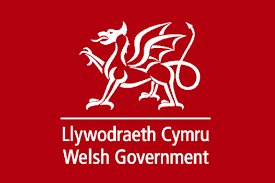Public Accounts Committee publishes report following enquiry into rural broadband
This morning the Public Accounts Committee published their final report following their examination of the Government’s rural broadband programme.
The report focuses its attention on areas where the committee believed BT and the Department of Culture, Media and Sport could have acted in a way which brought better value for money for the tax payers.
The recommendations from the report are as follows:
1. The Department should not spend any of the further £250 million of public money until it has developed approaches to secure proper competition and value for money for improving superfast broadband after 2015.
2. Before contracts are awarded for additional broadband coverage from 2015, using the additional £250 million, the Department should improve its modelling work and, when negotiating levels of private sector investment, the Department should push for contributions that take account of the long-term value of the assets to the supplier.
3. The Department should insist on a higher standard of cost transparency before contracting. Where contracts are not yet signed for the current Programme, the Department should secure BT’s agreement to improve cost transparency, for example by omitting the non-disclosure agreement between local authorities.
4. The Department should set out how it has assured itself that local authorities will be adequately resourced and supported to carry out adequate checks on BT’s costs and take-up rates during the project.
5. The Department should, as a matter of urgency, publish BT’s detailed roll-out plans so that other suppliers can get on with trying to reach the remaining 10% of the population that will still be without superfast broadband.
6. As part of its current review of the broadband market, Ofcom should explicitly address the impacts on competition of BT’s wholesale pricing structure and of the terms and conditions attached to accessing BT’s infrastructure.
The report is timely given that the next phase for Government is to look to how to bring coverage to the final 10%. Procurements of this nature are far from straight forward but the lessons of the original rural broadband programme should be instructive.
Read the press release from the PAC.




